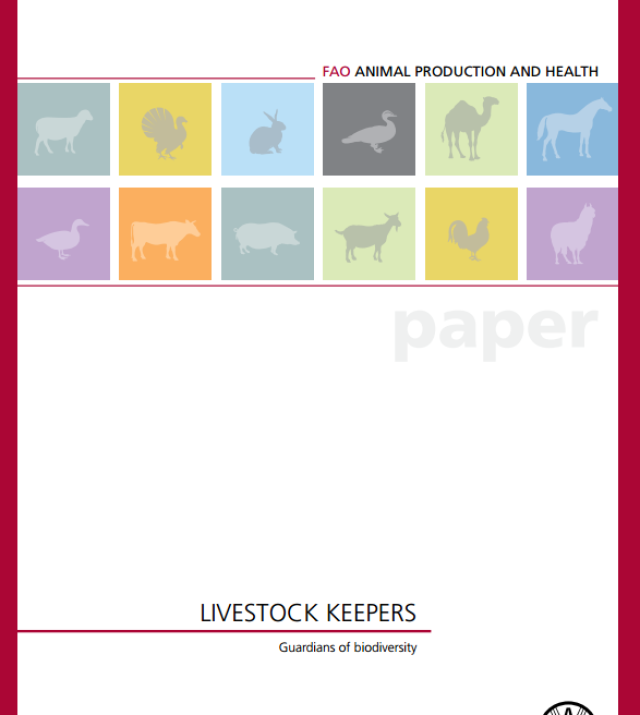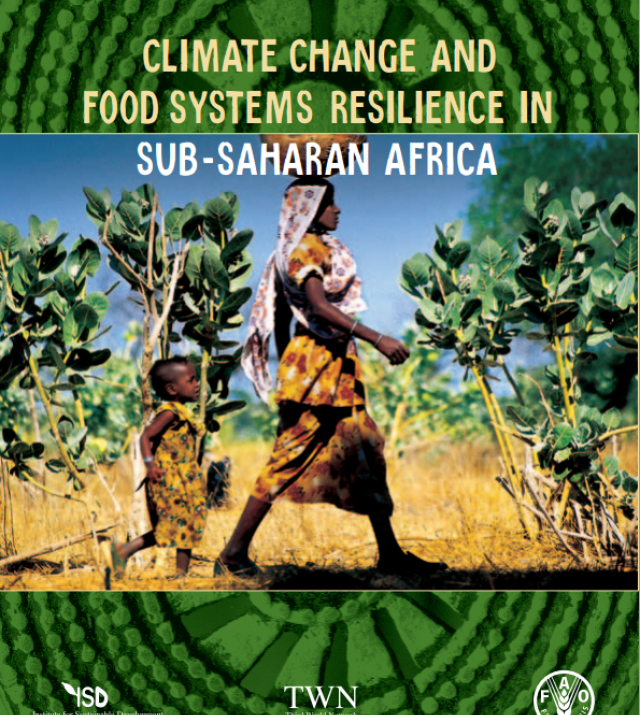
Review of Evidence on Drylands Pastoral Systems and Climate Change

In light of global concerns over the impacts of climate change and climate variability, this document provides an overview of opportunities for adaptation and mitigation in dryland pastoral and agropastoral systems. It makes a case for a concerted global effort to promote mitigation practices that also have benefits for adaptation and livelihoods of pastoralists and agropastoralists in drylands.
This review argues that livestock and pastoral systems have a major role to play in climate change mitigation and, importantly, in supporting adaptation and reducing vulnerability. Pastoral systems occupy two thirds of global dryland areas, host a large share of the world’s poor and have a higher rate of desertification than other land uses. Livestock production is also a growing sector. It is estimated that 1 billion people depend on livestock, and livestock serves as at least a partial source of income and food security for 70 percent of the world’s 880 million rural poor who live on less than USD 1.00 per day.
The review also highlights the potential for soil carbon sequestration in dryland grazing areas and the multiple benefits of enhancing ecosystem services and processes for improving livelihoods while contributing to adaptation to climate change impacts. Realizing this potential will require increased awareness and coordinated global efforts. Arrangements to bring about climate change mitigation in drylands that simultaneously contribute to climate change adaptation should be a key area of focus in post-Kyoto mechanisms. Such win-win arrangements that successfully achieve both mitigation and adaptation benefits need to be implemented alongside interventions that address associated socio-political and economic barriers, such as land tenure constraints and inadequate services for, and political marginalization of, pastoral and agropastoral communities.
In conclusion, the review finds that there is significant potential for mitigating climate change through improved management of grazing lands in drylands, and emphasizes the concurrent opportunity to enhance the livelihoods of pastoral and agropastoral peoples and their adaptation capacity. These opportunities can be realized only with targeted capacity building and effective incentives for improved management of these fragile ecosystems, backed up by pro-poor livestock policies, integrated processes that address natural and social dimensions, and funding mechanisms that enable multi-stakeholder engagement.

